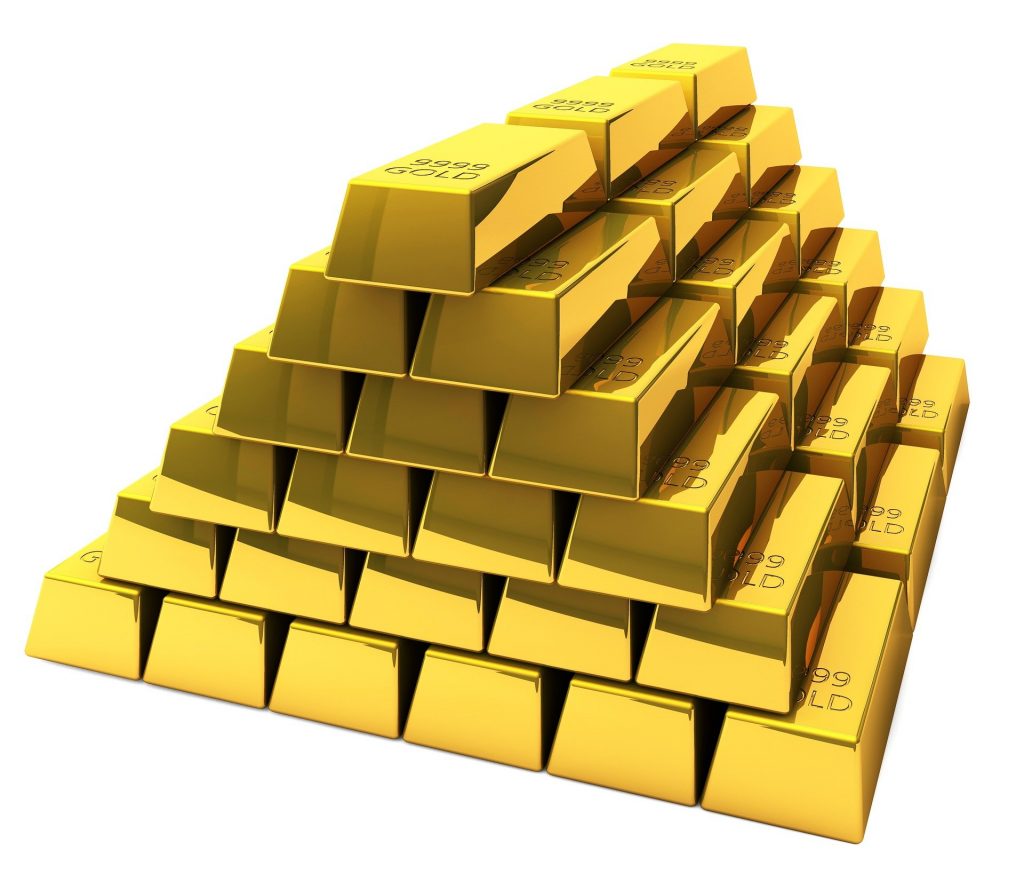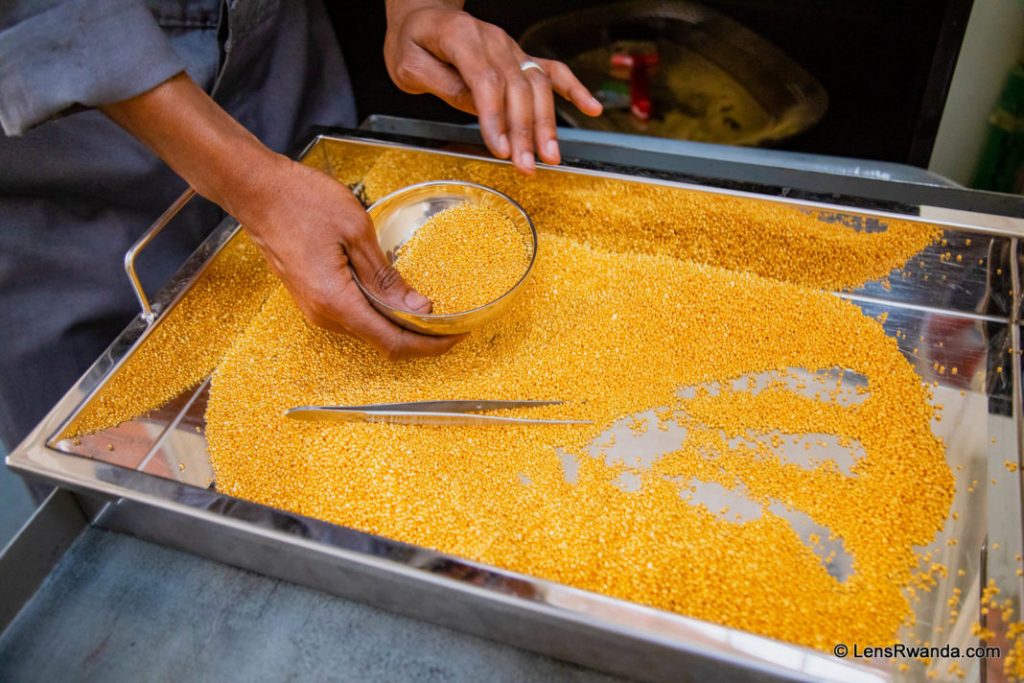RWANDA GOLD REFINERY, ITS ECONOMIC IMPORTANCE TO RWANDA
Rwanda opened its very first gold refinery in order to process gold from all over Africa, so as to discourage the export of minerals from the continent. The refinery was estimated to be built at a cost of 5 million dollars located at the Kigali Special Economic Zone in the Gasabo district.
Aldango, a company dealer of gold is a joint venture between two firms namely Hilly metals and Aldabra. This new facility by Rwanda is said to have a capacity to refine at least 6tonnes of gold in a month or 220kg per day.

Rwanda has been the region’s top economic performer in the last decade. Its macro-economic performance during this period has been consistently impressive, with the economy growing between 2001 and 2011 at a rate of 8.2% per year and an average real gross domestic product (GDP) growth between 2001 and 2015 of approximately 8%. Recovering from the 2012 aid shortfall. The economy grew by 7 percent in 2014 and 7.5percent in 2015, up from 4.7percent in 2013. This strong level of growth was accompanied by significant progress in poverty reduction dropping from 59 percent in 2001 to 45 percent in 2011. However, with a gross national income (GNI) of USD 700 per capita in 2015. The strategy seeks to transform the country from a low-income agriculture-based economy to a knowledge-based, service-oriented economy with middle-income country status by 2020.
To achieve these long-term development goals, the GOR has formulated a medium-term strategy. The second Economic Development and Poverty Reduction Strategy (EDPR) outlines an overarching goal of growth acceleration and poverty reduction through four economic transformation, Rural development, Productivity, and Youth employment, and Accountable governance and aimed to achieve the goals in 2018.
The EDPRS considers mining to be one of the important sectors in terms of its contribution to increased employment, exports, and foreign direct investment (FDI). The specific targets for the mining sector are very ambitious for 2017/2018, relative to 2011/ 2012. This includes growing the mining workforce from 20,000 members to 60,000 members.

The economic impact becomes visible in mining areas, such as Ruli or Mududu village, where COMIKAGI headquarters is located. The village has a somewhat diversified economy of small chops, canteens, and restaurants, with a significant number of relatively new boda taxis (motorcycles). Furthermore, individual sub-contractors report that mining has enabled them to significantly improve their socio-economic status, with contributions ranging from buying land and building a house for themselves or their parents, to pay children’s school fees, to invest in other income-generating activities, thereby further extending employment contributions to the wider economy.
The Rwandan mining Administration has undergone significant changes in 2016/2017, with the disbanding of the Rwanda Natural Resources Authority and the creation of the Rwanda mines.
For many countries across the world, gold mining is regarded as the major economic driver because an accountable, transparent and well-managed resource extraction can be a major contributor to economic growth with its capabilities for creating employment and business opportunities for the residents. It also brings about foreign exchange and tax revenues to countries.
In many instances, reasonable gold mining companies have the ethics and commercial incentives to improve the health and Education of the communities where they operate. Many of these invest in social infrastructure, including schools, colleges, and health care facilities that improve the opportunities and well-being of local people.
Conclusively, Rwanda like many developing countries operates in remote areas where there’s little or no existing infrastructure, this is to say that they lack access to clean water, access to a good road network, and power supply. Companies, therefore, invest heavily in building these infrastructures thereby creating important benefits for local communities at large. By so doing they leave a legacy that responsible miners leave beyond the life of their mines and this is a major component of their beneficial impact on developing and middle-income economy.
Join our community of contributors
Apply within for open positions

3 Comments
Boucas
How much to refinery gold Ore and dust into bars?
Ogalady
The companies involved in refining Gold ores will be in the best position to give you this detail. Reach out to them.
David Jacob
Interested to see the ownership structure of this business.